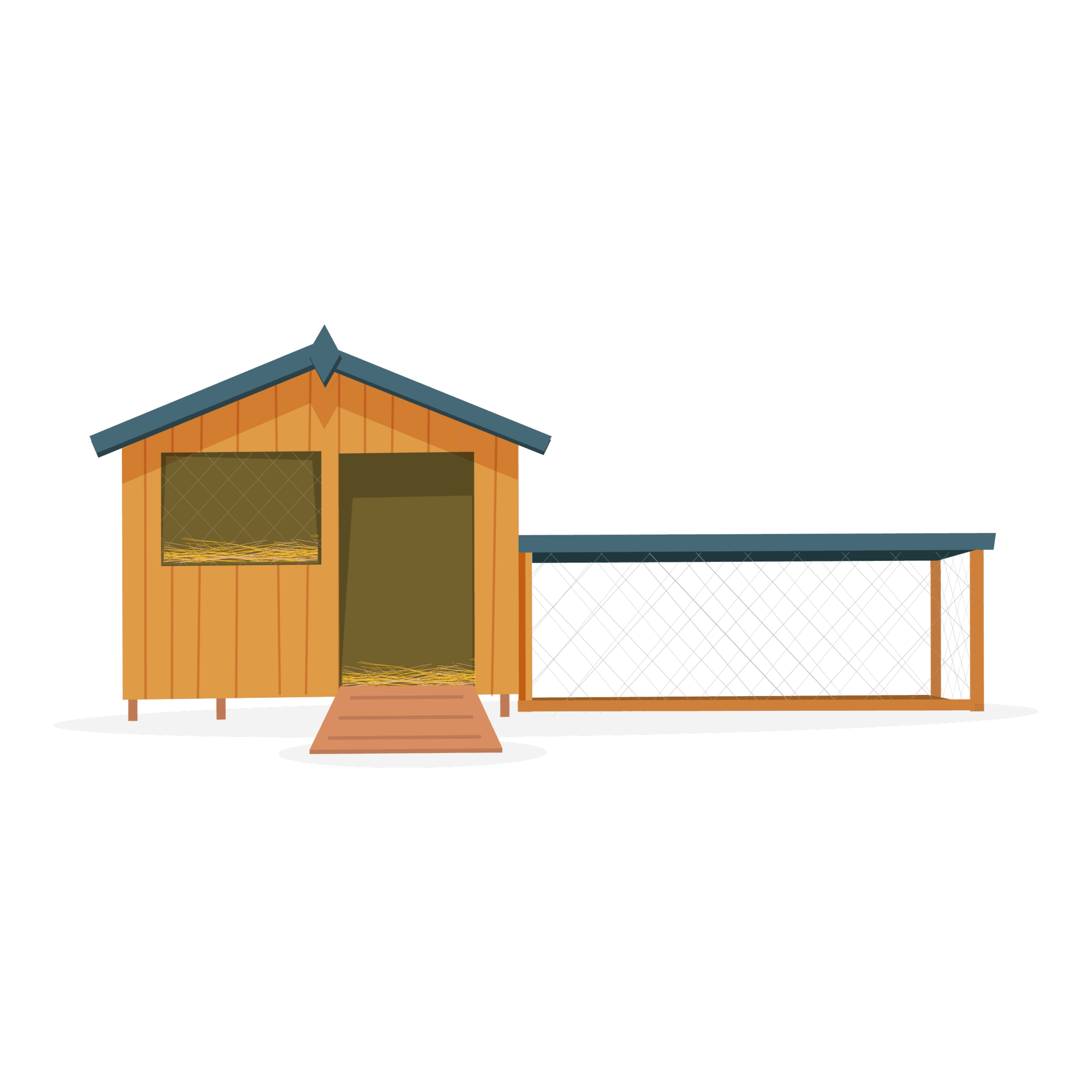Rabbit Awareness Action Group
Rabbit Awareness Week will be taking place from 24th - 28th June 2024!
What is RAAG?
The Rabbit Awareness Action Group (RAAG) is the trusted voice for rabbit welfare, which draws on the combined knowledge of a coalition of experts, who for the past 17 years, campaigned effectively through Rabbit Awareness Week (RAW) to improve the lives of pet rabbits.
Get involved
Rabbit Code of Practice
Help us raise awareness of the first Good Code of Practice for the Welfare of Rabbits. Show your support by signing our letter.
Sign our letter
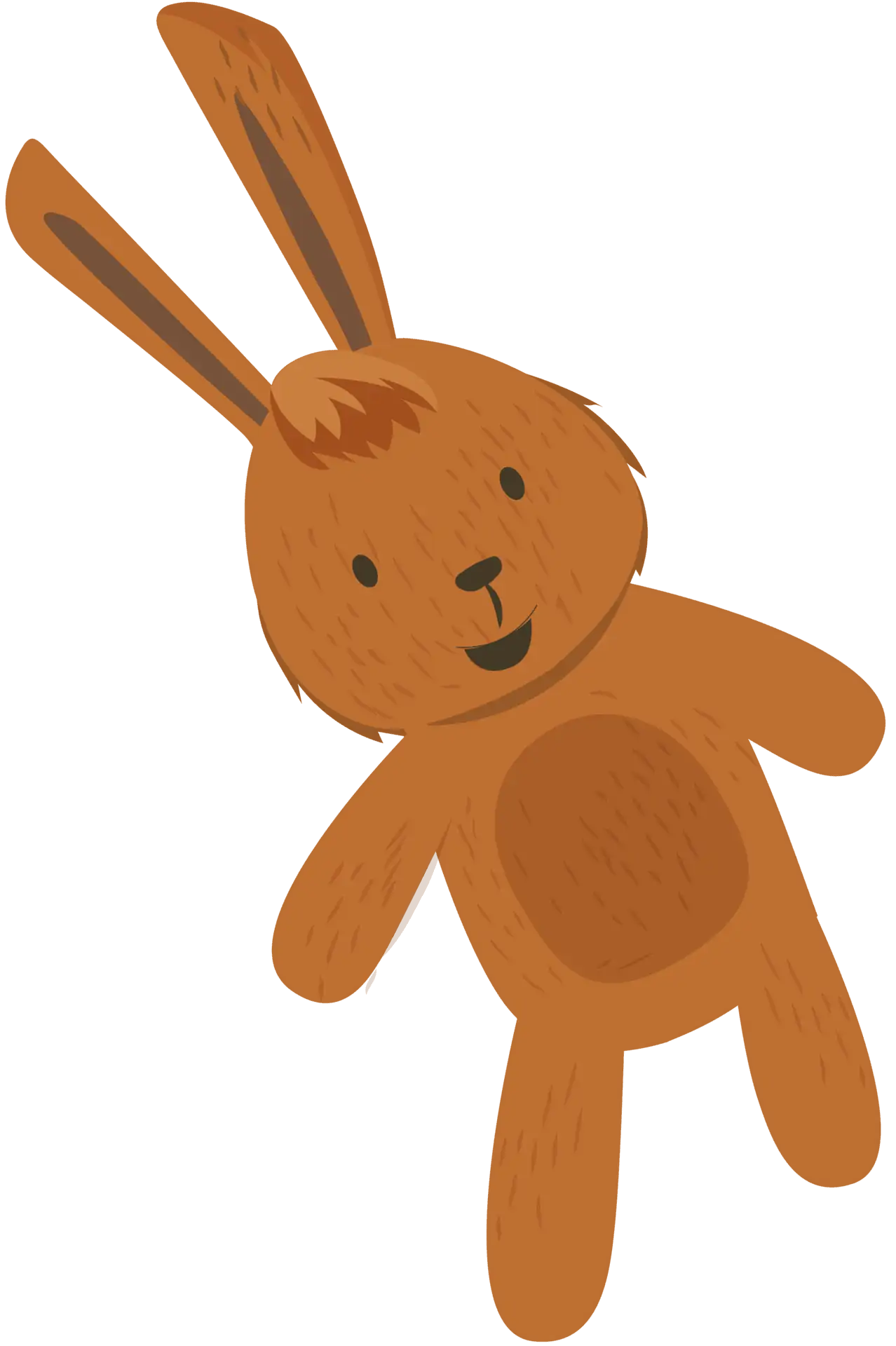
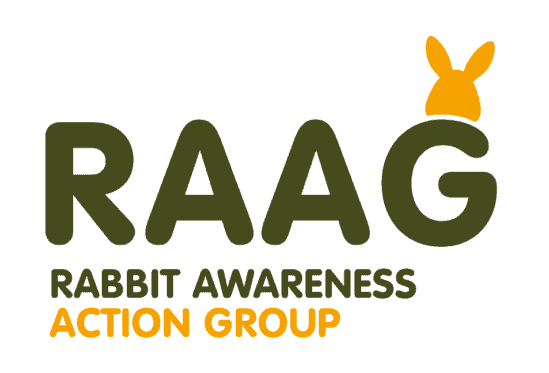
Rabbit Awareness Action Group (RAAG): who we are
RAAG is the trusted voice for rabbit welfare in the UK, bringing together the expertise of Burgess Pet Care, the RSPCA, the Rabbit Welfare Association & Fund (RWAF), Wood Green The Animals Charity and Blue Cross.
For over 15 years, members of RAAG have campaigned through Rabbit Awareness Week (RAW) to help improve the lives of the UK’s pet rabbits, with impactful results including:
- A significant decrease in the number of rabbits living alone – from 67% in 2011 to 42% in 2020; and
- Fewer rabbits being fed muesli as one of their main food types – down from 49% in 2011 to 18% in 2020
Our mission
RAAG recognises that although RAW has achieved a great deal, rabbits remain one of the UK’s most owned, but least understood animals, and should be high on the agenda year-round – something echoed by the recent launch of the Good Practice Code for the Welfare of Rabbits in England.
RAAG is committed to improving the lives of the UK’s pet rabbits by educating existing and prospective owners, and retailers, about the five key welfare needs of rabbits, comprising:
- Environment: a hutch is not enough. Rabbits’ housing should be a minimum enclosure size of 3m x 2m x 1m high. They should be able to stand up without their ears touching the roof, lie stretched right out and hop at least three times.
- Diet: move away from muesli, which can cause serious health problems. Rabbits should be fed at least their own body size in good quality hay each day, supplemented by a spoonful of nuggets and a handful of greens.
- Behaviour: allow rabbits to exhibit their natural behaviours. Help rabbits to be the active, playful, inquisitive, and sociable animals they are.
- Companionship: always keep your rabbits in pairs or groups. Rabbits are incredibly sociable animals and if they don’t have the right company and lots of fun things to do, they can suffer.
- Health: the benefits of good diet and neutering. The most common health problems faced by rabbits come about simply because they are not given the right diet. Up to 80% of un-neutered female rabbits can develop cancer of the uterus by the age of five. Un-neutered males can be aggressive to other rabbits, yet neutered males can live happily with male and female rabbits.
How you can support RAAG
We are inviting all owners, and retailers, rescues and vets to join us in helping to raise awareness of the five key welfare needs of rabbits. By signing and sharing this letter you are showing your support in helping to meet rabbits’ needs, enabling them to live a life they deserve.
Signed:
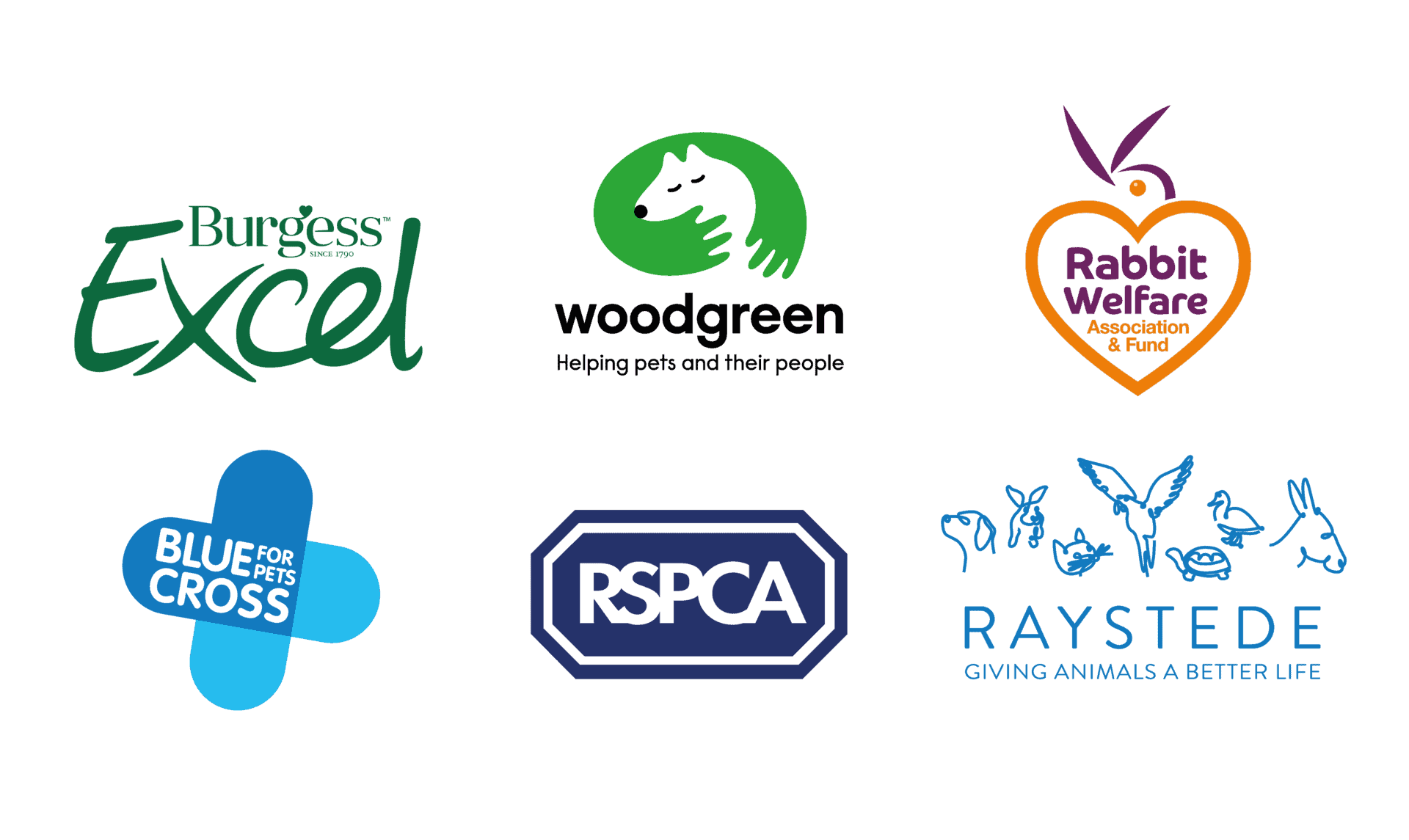

Latest news

Bunny Business: The Pressure of Unwanted Litters on Rescues
Rabbits are adorable, intelligent and fun-filled creatures bringing joy to many owners and making great pets when the care and conditions suit their very complex needs. However, owning rabbits comes with a great deal of responsibility. One of the most important responsibilities is preventing unexpected litters. Not only can an unexpected litter be overwhelming for rabbit owners, but it can
Read
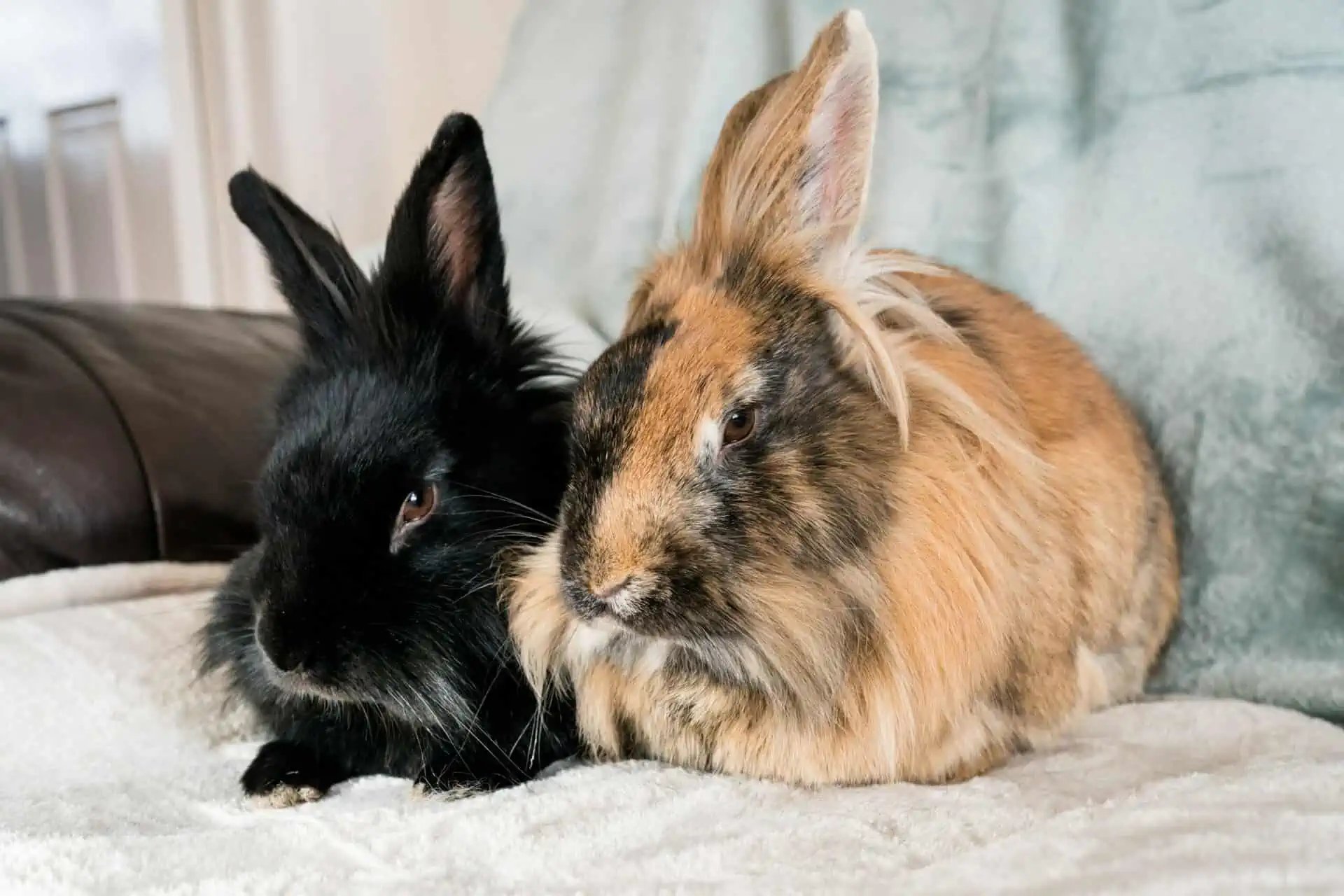
Tips for a Vet trip with your rabbits
Taking your rabbits to the vets is essential to keep them happy and healthy. Whether this is for annual vaccinations, six monthly heath checks or for routine surgical procedures, it is fundamental as your rabbits’ owner to maintain good health and welfare. A trip to the vets can be a daunting and stressful experience for everyone involved. So, how do
Read
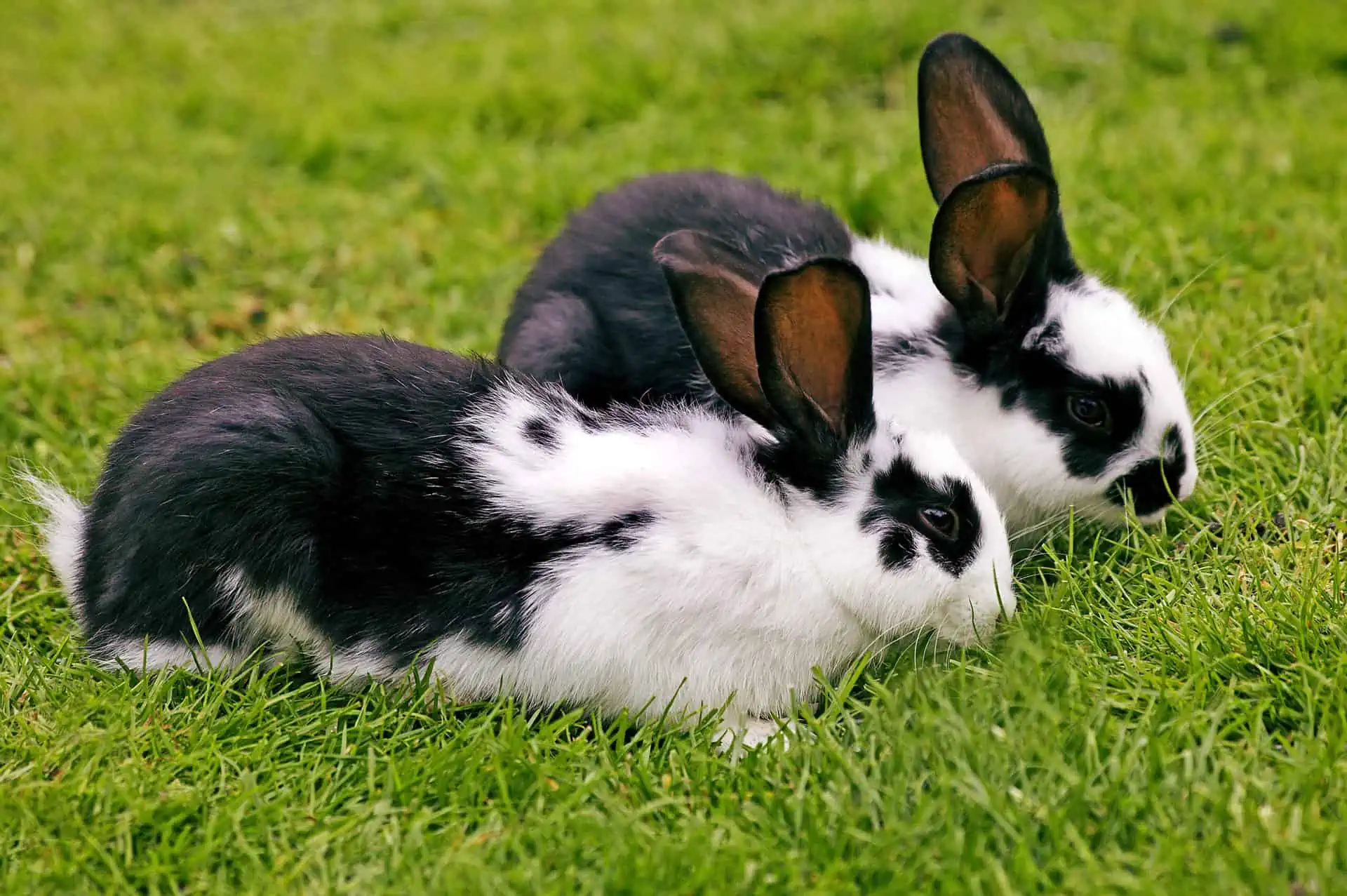
Pre and post-op neutering care and advice
Neutering your rabbits is important, for health, welfare and behavioural reasons. Let’s take a look at what you need to consider, and the care required before and after having your rabbits neutered. Pre-op care: Rabbits are experts at hiding signs of illness and pain; being a prey animal this is an important survival instinct, since in the wild a weak,
Read
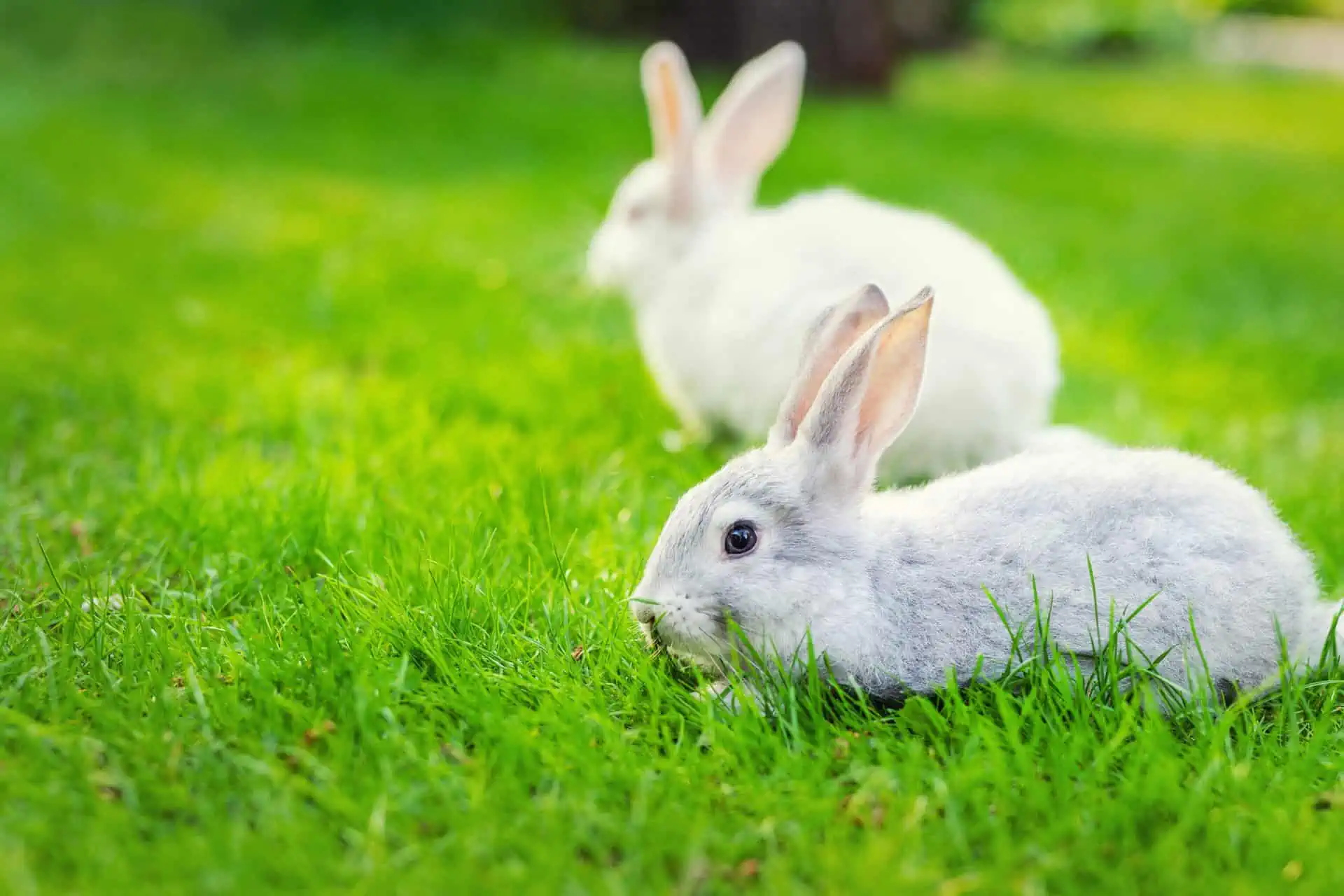
Why and when to neuter
Let’s take a look at the reasons why all rabbits should be neutered, and when are the best times for the surgery to be performed. Why: There are so many positive reasons to neuter both male and female rabbits. When: So now we know why we should neuter our rabbits, let’s have a look at when. The minimum age at
Read
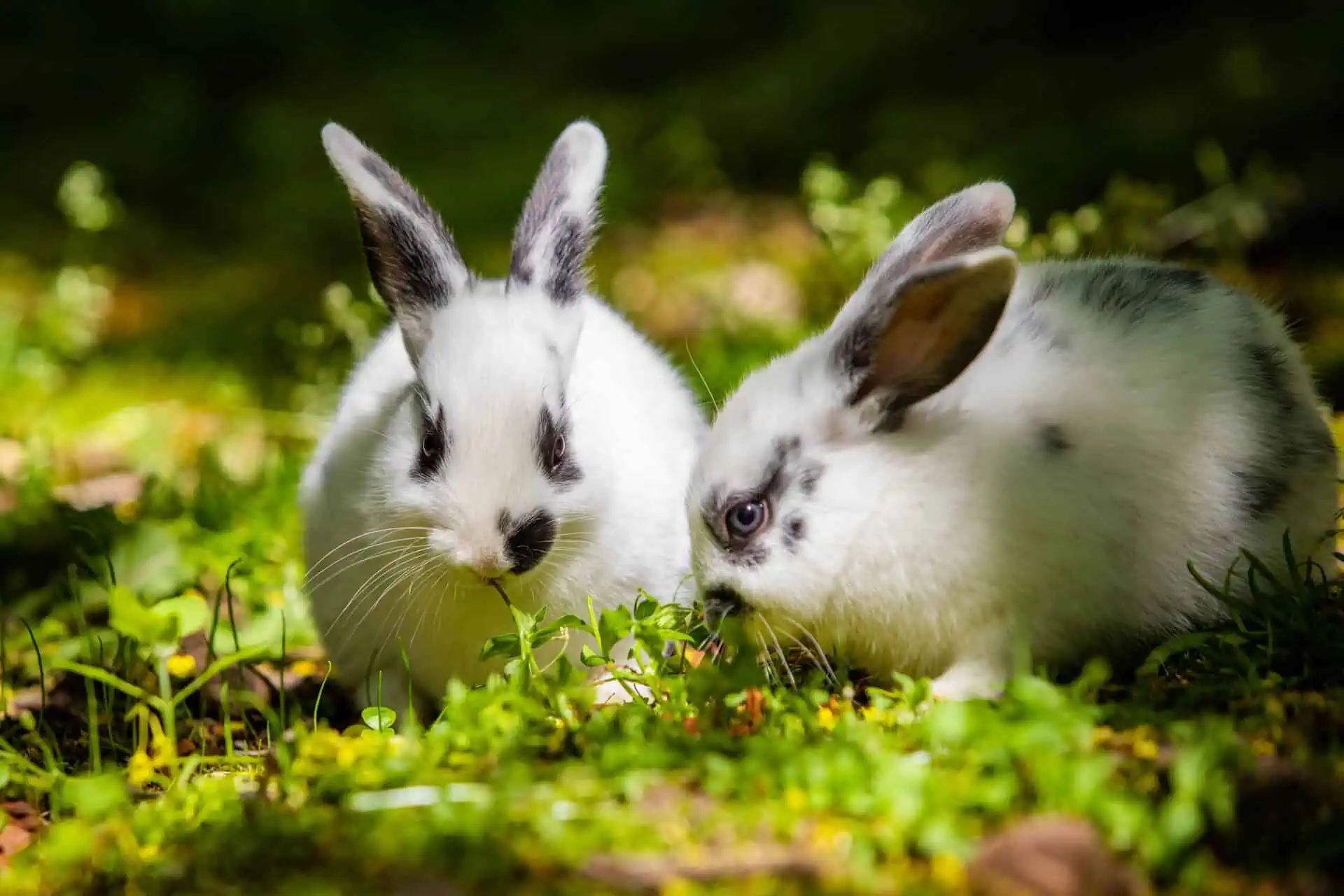
The importance of companionship for rabbits and the benefits of neutering
The importance of companionship for rabbits and the benefits of neutering Although they can look quite different to their wild counterparts, our pet rabbits are in fact, the same species and behaviourally almost identical. This means that what is important to wild rabbits, is just as important to pet rabbits and this includes the need for companionship of their own
Read
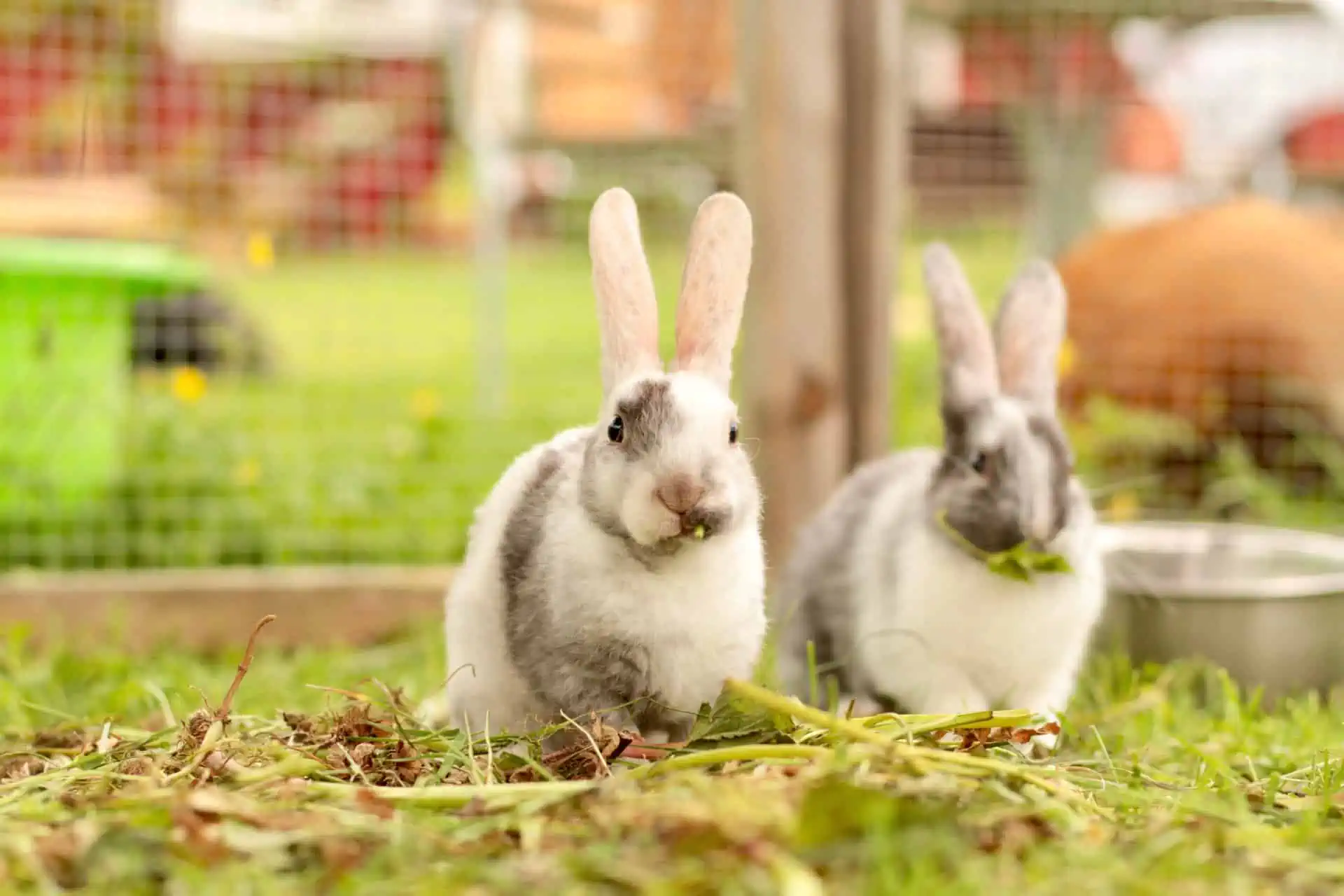
The importance of neutering rabbits
Everyone knows the saying ‘breed like rabbits…’ and neutering is certainly important for controlling population numbers with our rescue centres full to bursting. However, there are many other benefits to neutering pet rabbits apart from stopping rabbit numbers getting out of hand. Both male and female rabbits will reach sexual maturity (be able to breed) at slightly different times. This
Read

Rabbit Neutering: Protect and Prevent
Find out how to get involved in this year’s Rabbit Awareness Week. Plus, bunny experts answer your FAQs about neutering your pet rabbits That well-known phrase ‘breeding like rabbits’ certainly has a ring of truth. The RSPCA says: “Rabbits have evolved to reproduce quickly; pregnancies are short, lasting about a month, and with an average litter size of five to
Read
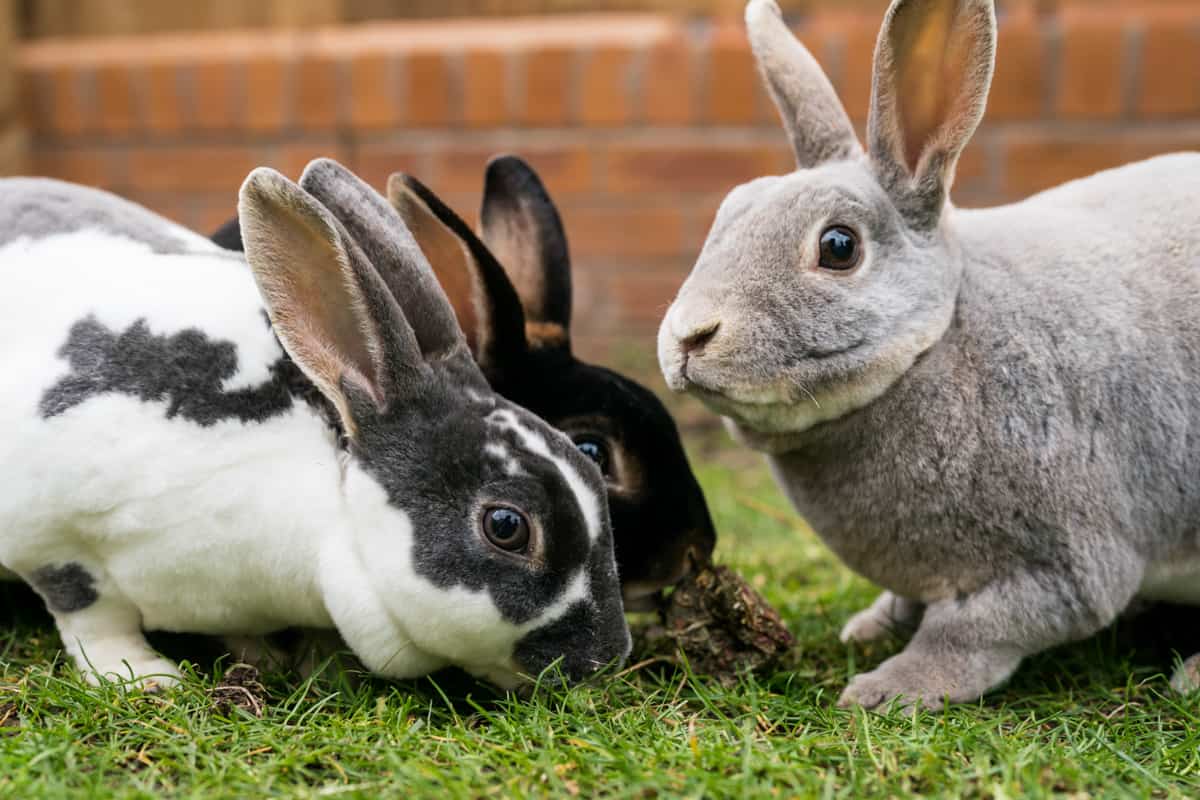
Creative DIY ideas for your rabbits’ housing
Rabbit housing can be expensive, but it doesn’t have to be. Do you have an old set of drawers that you’re going to be throwing away? Or an old garden shed that hasn’t been used in years? We’re going to show you how to use them. First of all, you need to ask yourself a few questions: What do I
Read
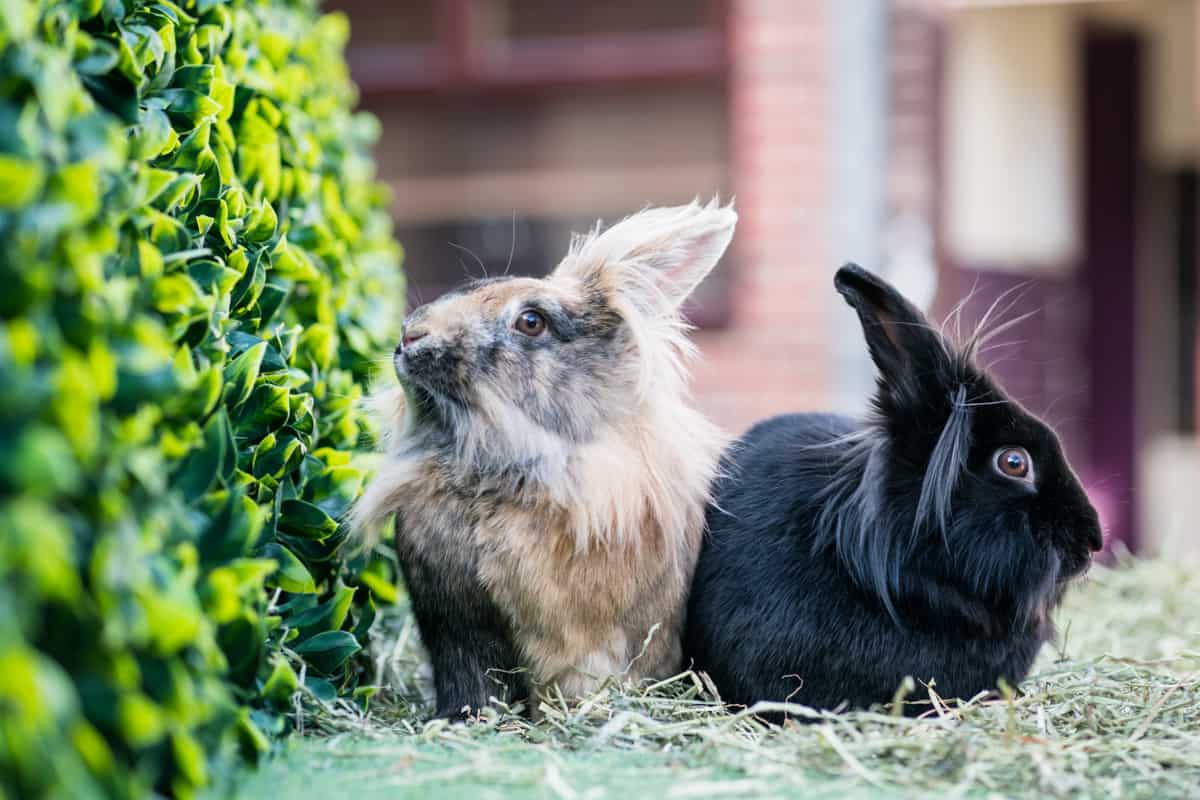
How to weatherproof your rabbits’ housing: the 5 steps to success
Just like we will bring out our thick jumpers in the winter, suncream in the summer, and raincoats for those April showers, our rabbits need to adapt for the changing seasons. The best way we can help them as the weather changes is by making sure their rabbit housing is weatherproofed. Weatherproofing rabbits hutches and runs is easy, just follow
Read
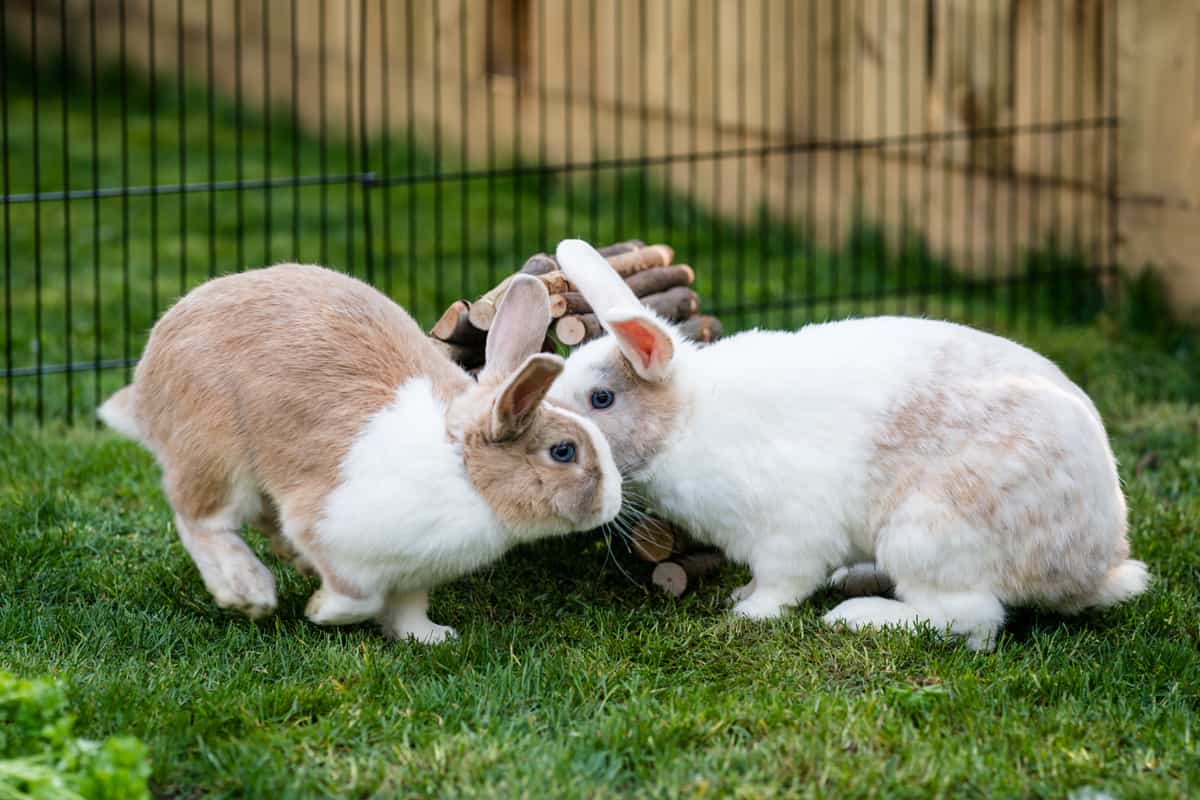
Is your rabbit housing predator proof? Find out how to protect your rabbits from predators
Rabbits are prey animals. This means they are hunted by other larger animals for food. In the wild, rabbits’ natural predators include foxes, birds of prey, weasels, and stoats. In the wild, rabbits are always on high alert. When they sense danger rabbits will quickly run and hide away in their burrows or tunnel down into undergrowth for protection. They’ll
Read
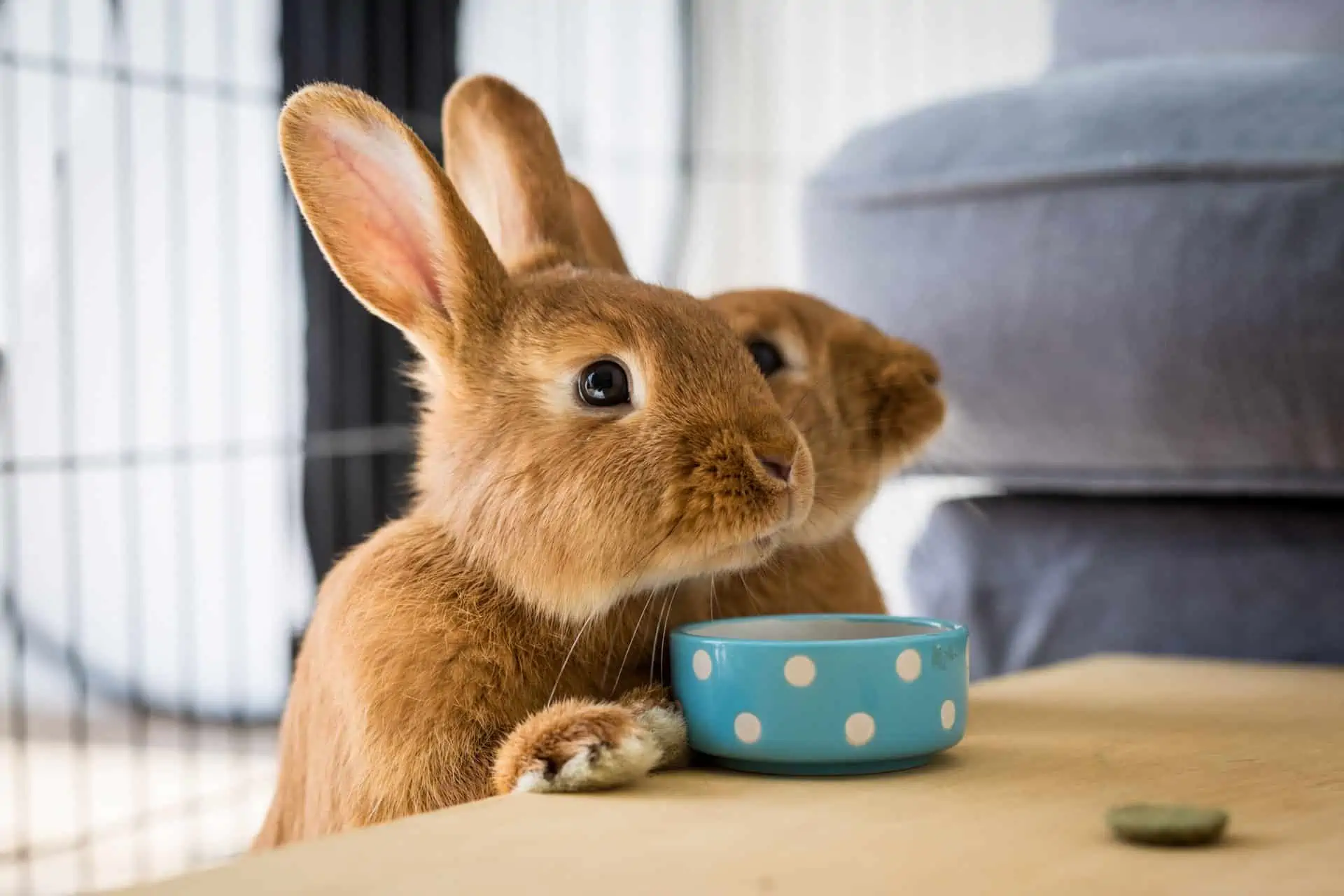
Can you keep rabbits indoors? Your indoor rabbit questions answered
Rabbits can make good indoor pets, if you know how to properly care for them! Pet rabbits live for between 8 to 12 years, and there’s no reason why your indoor rabbits can’t reach a grand old age. Whether you’re keeping rabbits indoors or outdoors, the fundamentals of great rabbit care are the same – you’ll just need to adapt
Read
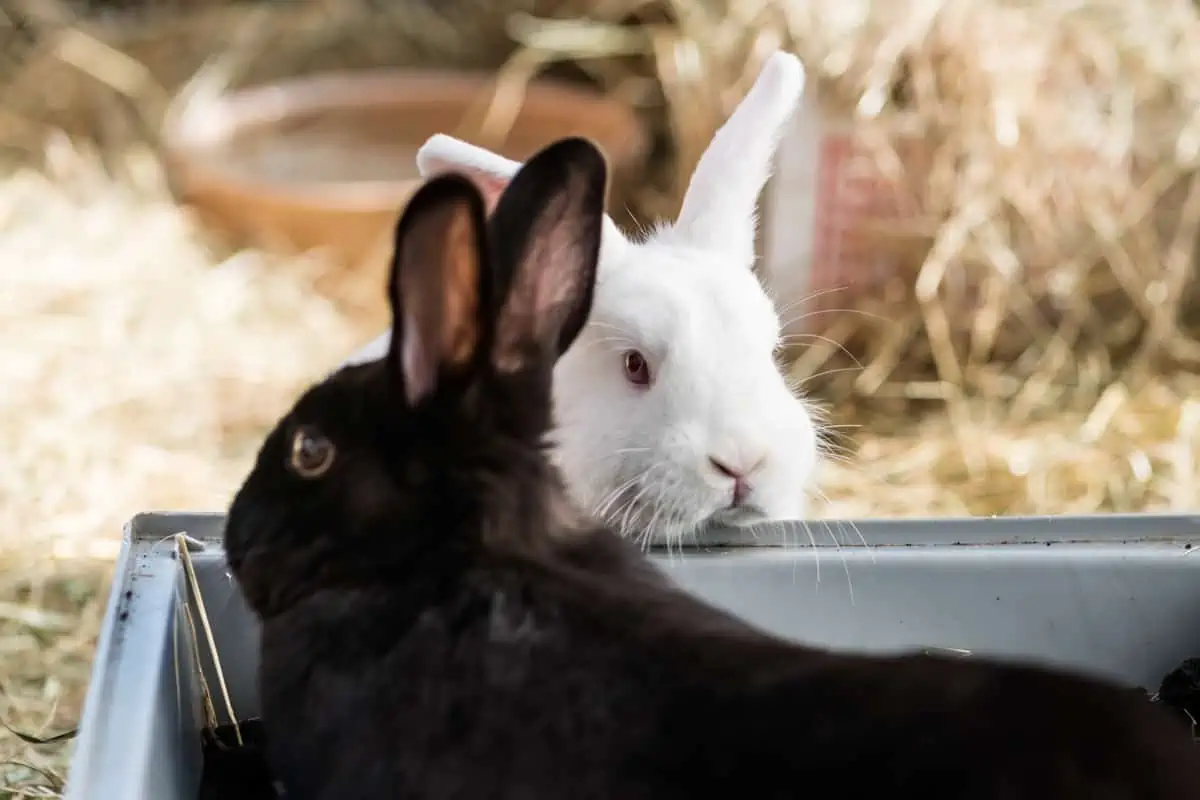
10 top tips for creating a great house for your rabbits
They say home is where the heart is, and we think this applies to rabbits too! Our rabbits’ housing is very important for their overall welfare. Rabbits have five welfare needs. These are the five things that need to be looked after to help our rabbits stay happy and healthy
Read
